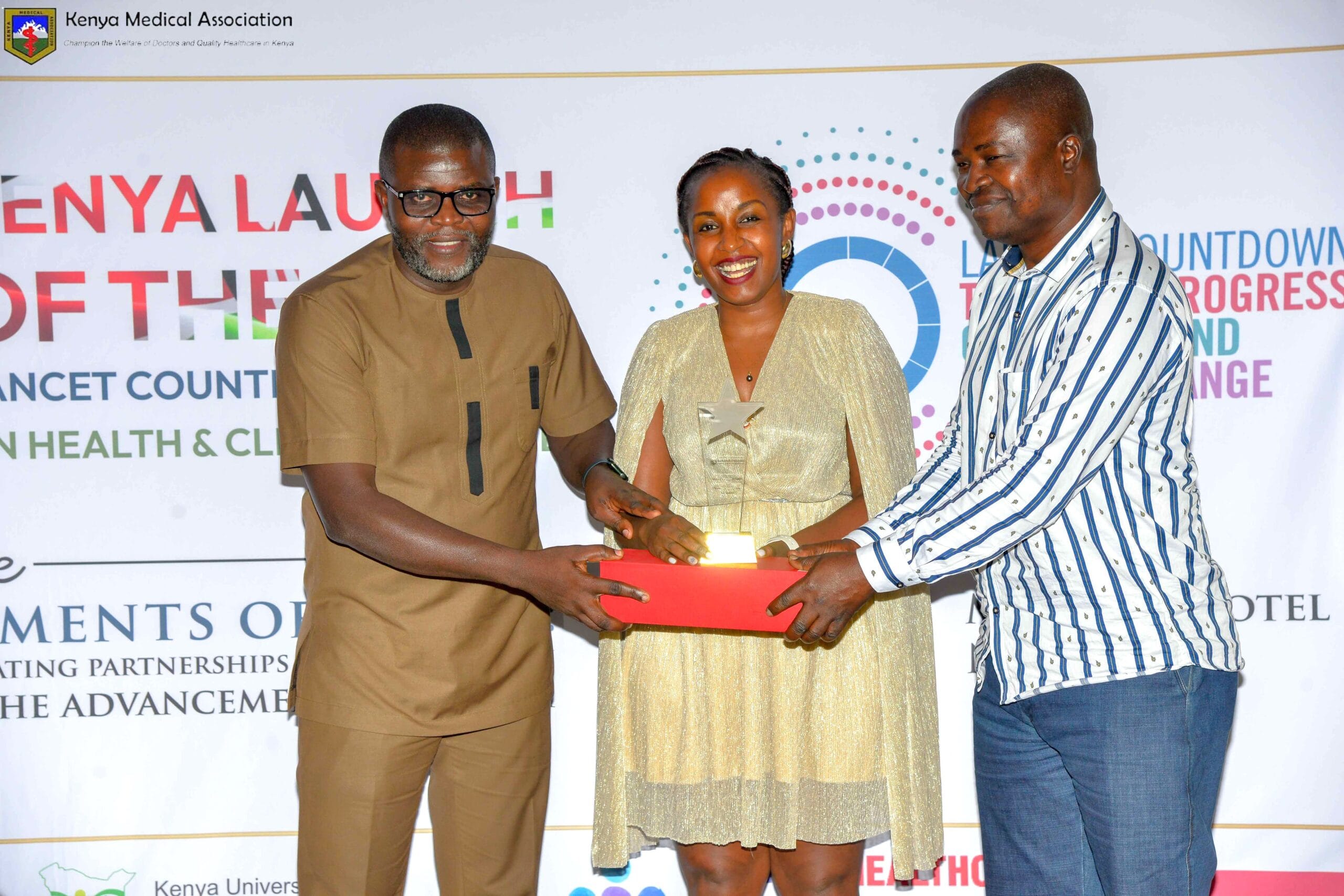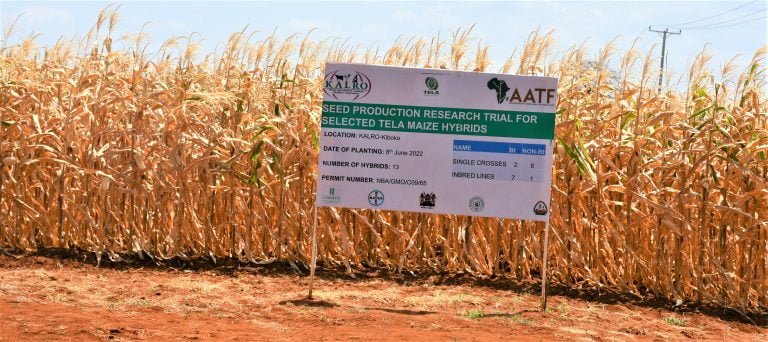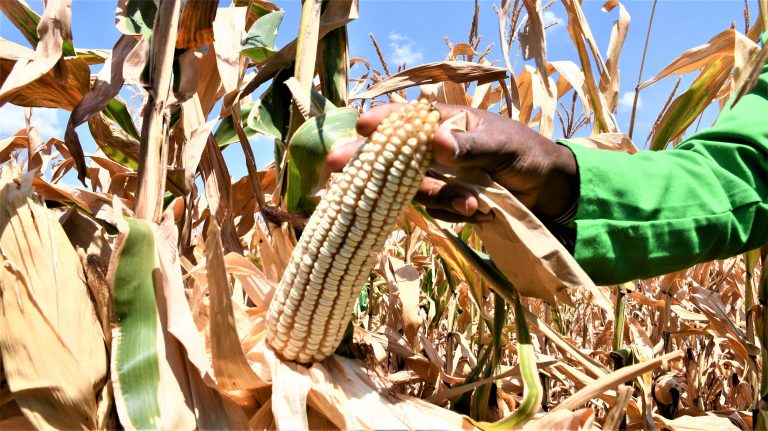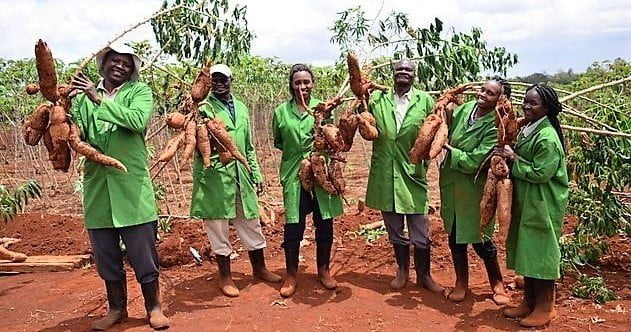By Kimuri Mwangi
Kenyan Doctors have lauded the research, innovation and outreach being undertaken by the Kenya University Biotechnology Consortium (KUBICO) aimed at developing climate resilient crops and animals to cushion farmers against the vagaries of climate change and address critical global challenges.
Through the Kenya Medical Association (KMA), they acknowledged the role the biotech experts are playing in educating Kenyan Doctors as well as the public on modern biotechnology and biosafety, processes in genetic engineering, safety assurance and regulatory safeguards. They made the remarks during the launch of the 2024 Lancet Countdown Report.
KUBICO Secretary General Joel Ochieng said training and partnership with KMA has enabled several Doctors to discuss biotechnology and Genetically Modified Organisms (GMO) from an informed perspective, and assured the Medics of continued capacity development through the various KMA Committees.
“We are aware that a policy position on the safety and benefits of genetic engineering and its products require a wider consultation and participation of other stakeholders within the healthcare fraternity. We will continue to work with the various Committees of KMA to enhance the participation of other stakeholders within the healthcare system,” opined Dr. Ochieng, a Senior Researcher and Leader of the Agricultural Biotechnology Programme at the University of Nairobi.
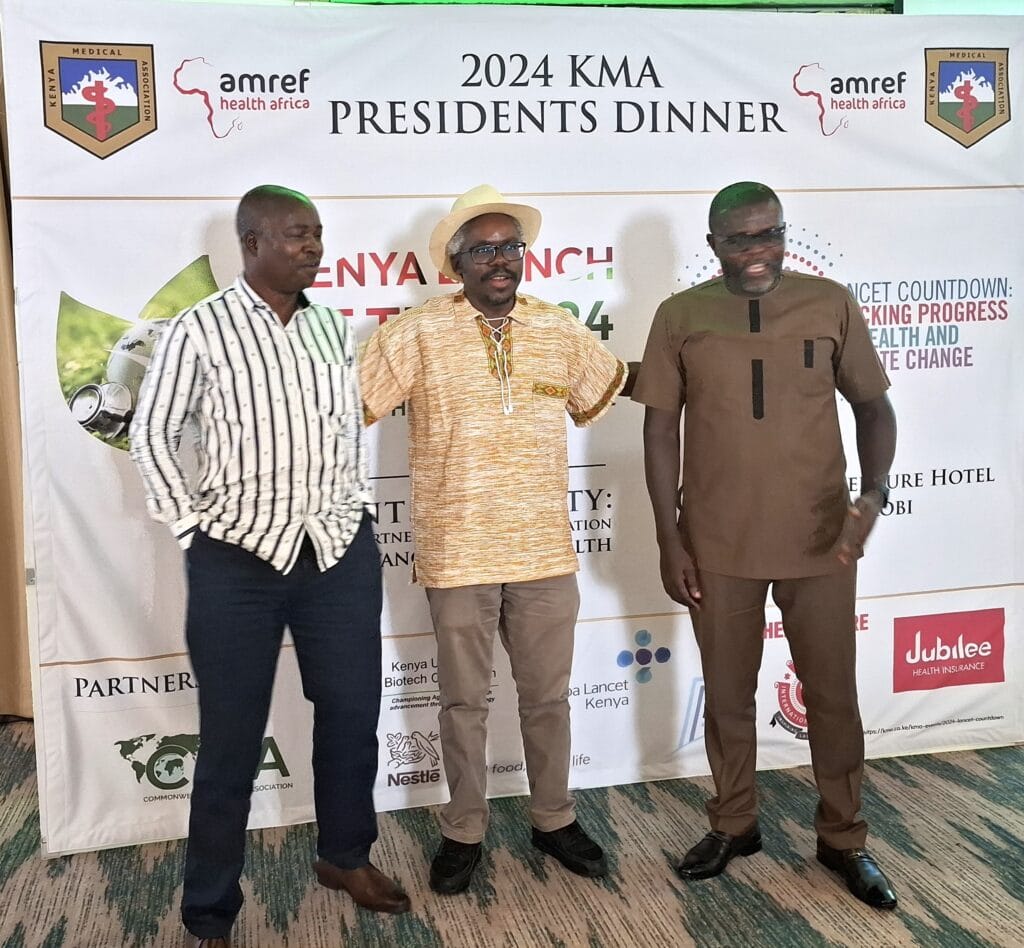
Dr. Brenda Obondo challenged the partners to increase support and commitment to enable KMA meet its objectives of incorporating climate change mitigations within their operations and increasing knowledge of healthcare workers on climate change. KUBICO was awarded a trophy by KMA for outstanding partnership and public education on GMO.
The National Biosafety Authority (NBA) has called for public participation on the environmental release of a locally developed variety of Bt maize ( GMO) which can withstand attacks by the fall army worm snd the stem borer.
Prof. Richard Oduor, the Registrar for Research at Kenyatta University and KUBICO Chairman, exuded confidence that most Doctors now have a better understanding of the GMO development process, and will be able to support such scientific progress. “The Trust that the masses have with Medics is what is needed and through collaboration with the two institutions, they can break the barrier and bring the science that is thought to be a little technical and make it very basic to be understood.”
Prof. Lukoye Atwoli from the Aga Khan University said they have been running programs and supporting research initiatives in collaboration with partners such as the Biotechnology Consortium which he said is doing admirable work in research focused on food security through biotechnology. “KMA has demonstrated that addressing climate change is not just about advocacy, it is about action,” he opined adding that the approach goes along a programme where the government is putting up a global transformation agenda by prioritizing public health, resilience, and sustainability.
According to Prof. Lukoye, limited countries have caused the most damage to the environment resulting in climate change and it is our responsibility to keep reminding them to pay for it and to invest in mitigating climate change.
In November this year, the High court dismissal several petitions challenging the lifting of the ban on GMO. The Cabine lifted the ten year ban on GMO in 2022 attracting several litigations amid fears that such foodstuff could be harmful to both human and animals. The petitioners through Paul Mwangi, have moved to the Court of Appeal challenging the ruling of Judge Lawrence Mugambi where they have listed the Attorney General, Kenya University Biotechnology Consortium, and Biodiversity and Biosafety Association of Kenya.
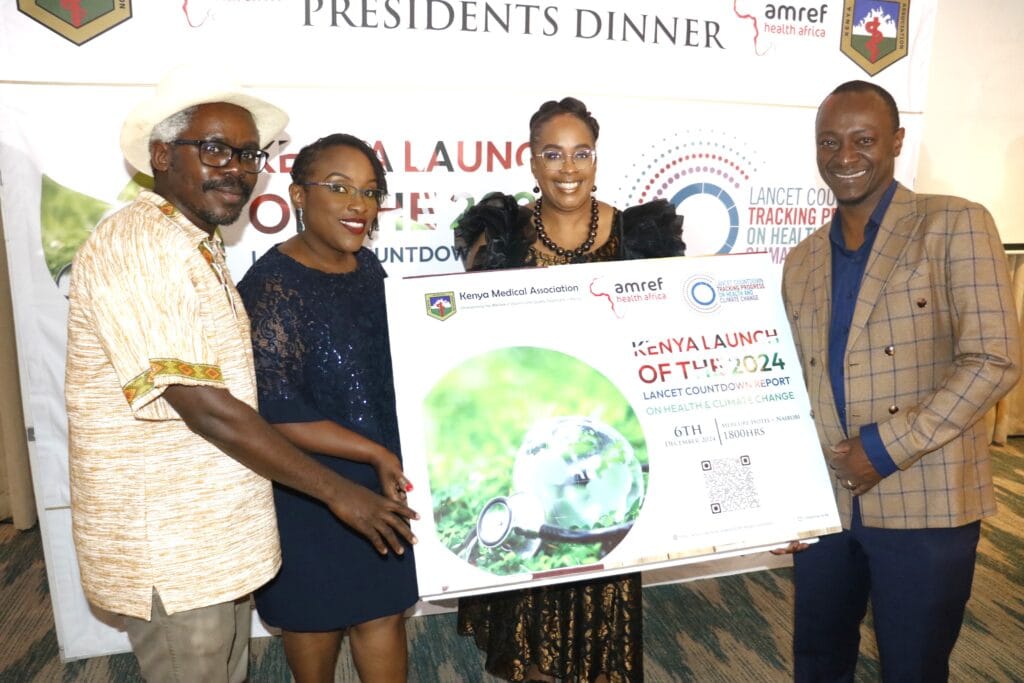
One of the Lancet Countdown 2024 Report on Health and Climate Change launched yesterday tracks the relationship between health and climate change highlighting the increasing exposure to extreme heat and health risks. According to the report, the economic impact of heat has seen labour productivity declining and in 2023, Kenya lost 956 million labour hours due to the heat exposure. Agriculture workers suffered the most, accounting for 83 percent of lost hours and 59.9 percent of income losses
The report calls for the adoption of health systems to address climate change impacts, redirect investment from fossil fuels to health systems strengthening and accelerating the transition to renewable energy for health and environmental co-benefits.


